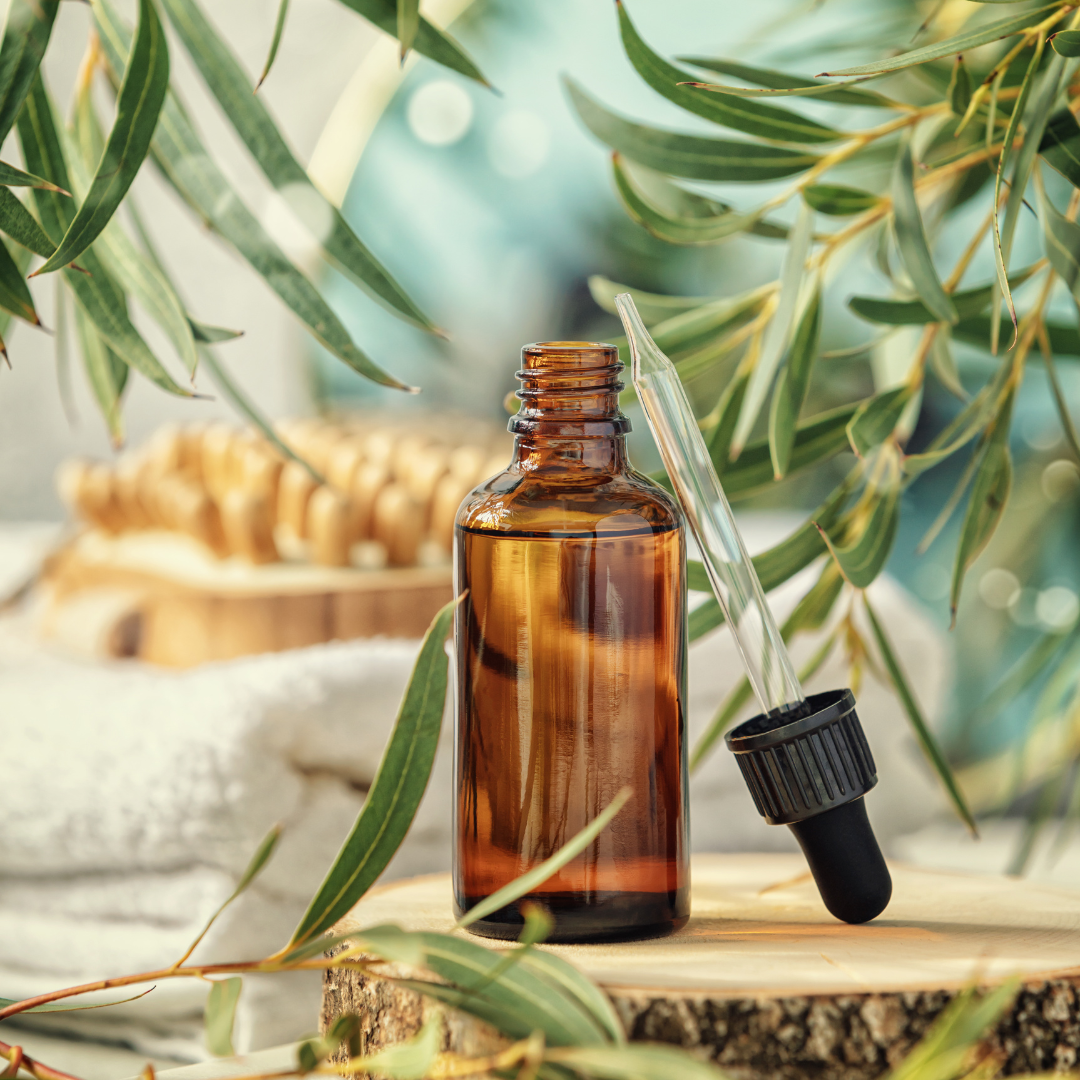In the realm of aromatherapy and scented products, the distinction between essential oils and fragrance oils is crucial. This blog aims to shed light on the disparities between these two aromatics, emphasizing the significance of discerning consumers.
Essential Oils: Nature's Essence
Essential oils are natural extracts obtained from plants through processes like distillation or cold pressing. They encapsulate the plant's aromatic compounds and boast various therapeutic benefits, making them prized in aromatherapy and skincare.
Fragrance Oils: Synthetic Aromatics
Contrary to essential oils, fragrance oils are artificially synthesized in laboratories. They replicate scents found in nature but lack the complexity and therapeutic properties of their natural counterparts. Fragrance oils find widespread use in perfumes, candles, and household products.
Composition and Authenticity
Essential oils boast a complex composition derived from natural plant sources, offering authentic scents and therapeutic benefits. In contrast, fragrance oils are chemically formulated to mimic specific aromas, often lacking the depth and authenticity of natural essences.
Benefits and Uses
Essential oils offer a myriad of benefits, from promoting relaxation and stress relief to alleviating various ailments, finding applications in aromatherapy, skincare, and holistic wellness practices. Fragrance oils, on the other hand, excel in providing consistent scents for perfumes, candles, and air fresheners.
Safety Considerations
While both essential oils and fragrance oils can enhance sensory experiences, safety considerations are paramount. Essential oils, if not properly diluted or used, can cause skin sensitivities or allergic reactions. Similarly, synthetic fragrance oils may contain artificial additives that can trigger sensitivities in some individuals. These oils may contain artificial additives, such as phthalates or synthetic musks, which can cause skin irritation or respiratory issues in sensitive individuals. Moreover, the term "fragrance" on product labels often serves as an umbrella term for a blend of synthetic chemicals, making it challenging for consumers to identify specific allergens or irritants.
 Consumer Preferences and Trends
Consumer Preferences and Trends
Consumer preferences are increasingly leaning towards natural and organic products, including aromatics. Factors like sustainability, ethical sourcing, and health consciousness influence purchasing decisions, driving the demand for authentic essential oils over synthetic alternatives.
Making Informed Choices
When selecting aromatic products, consumers should consider factors such as scent preference, therapeutic benefits, and ethical considerations. By making informed choices, individuals can align their aromatic preferences with their values and wellness goals.
Conclusion
Understanding the differences between essential oils and fragrance oils empowers consumers to make informed choices in their aromatic journey. Whether seeking therapeutic benefits or indulging in sensory experiences, awareness of these disparities ensures a mindful and enriching aromatic experience.
Disclaimer
The information provided in this blog is for informational purposes only and is not intended to replace professional medical advice, diagnosis, or treatment. Always seek the advice of your physician or other qualified health provider with any questions you may have regarding a medical condition.

